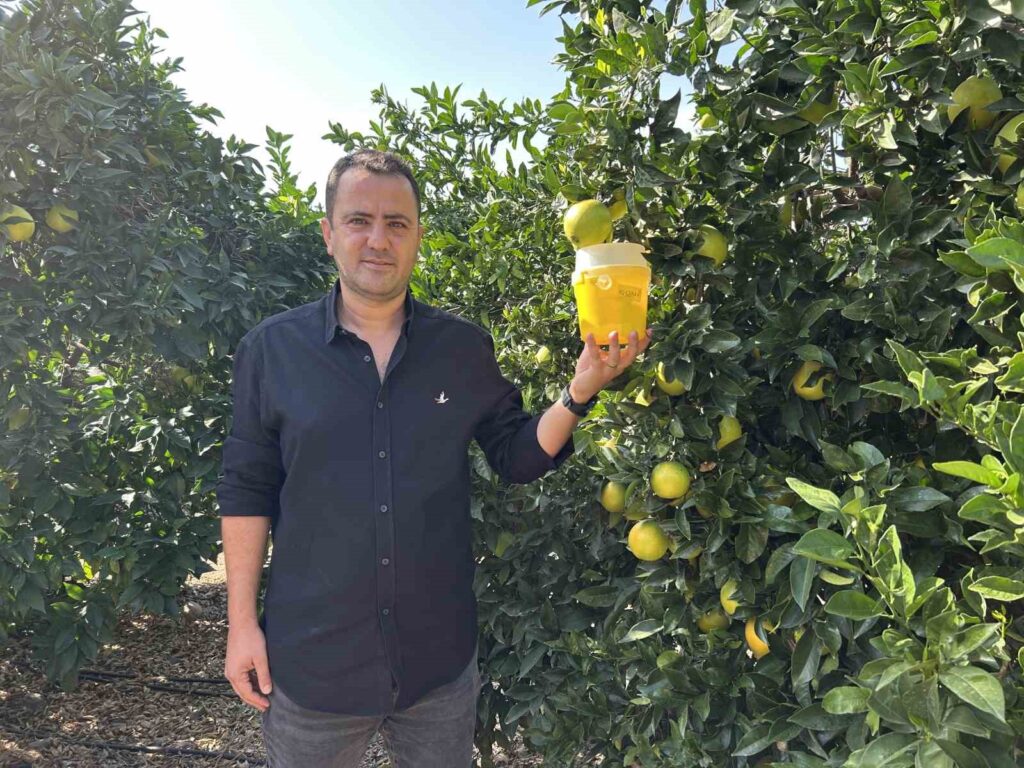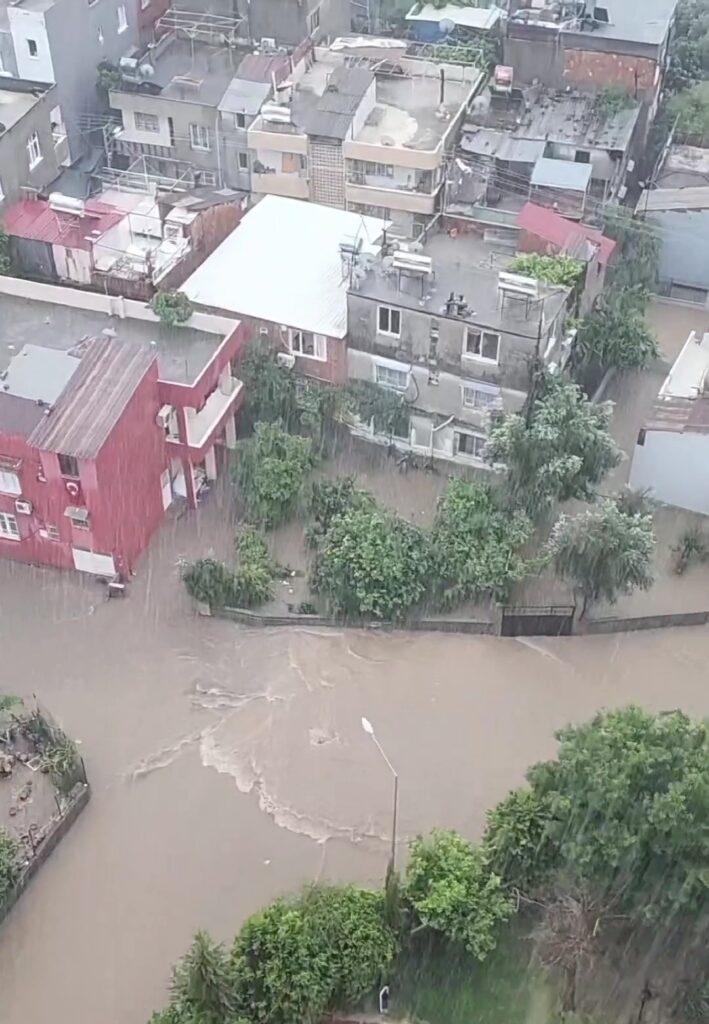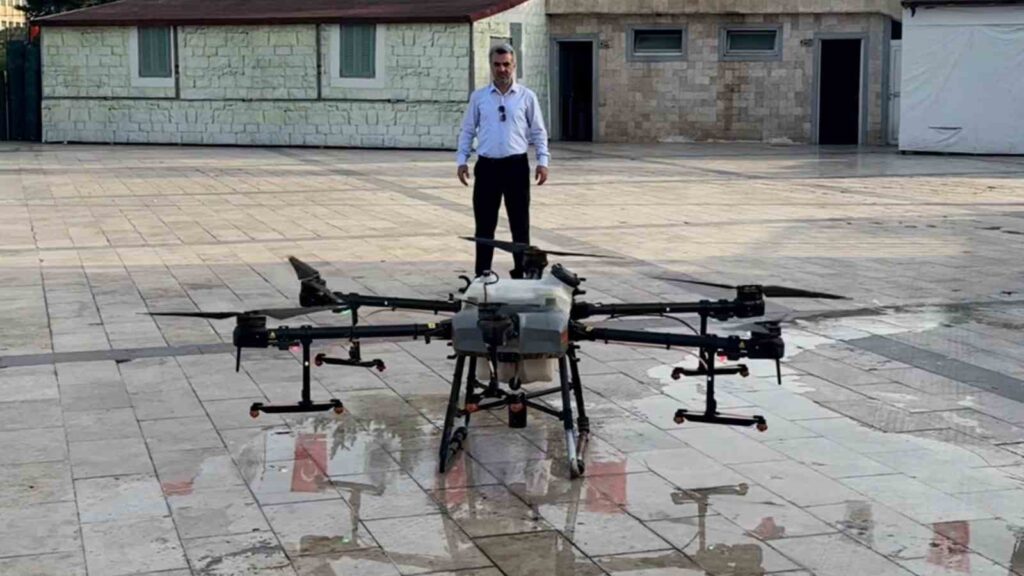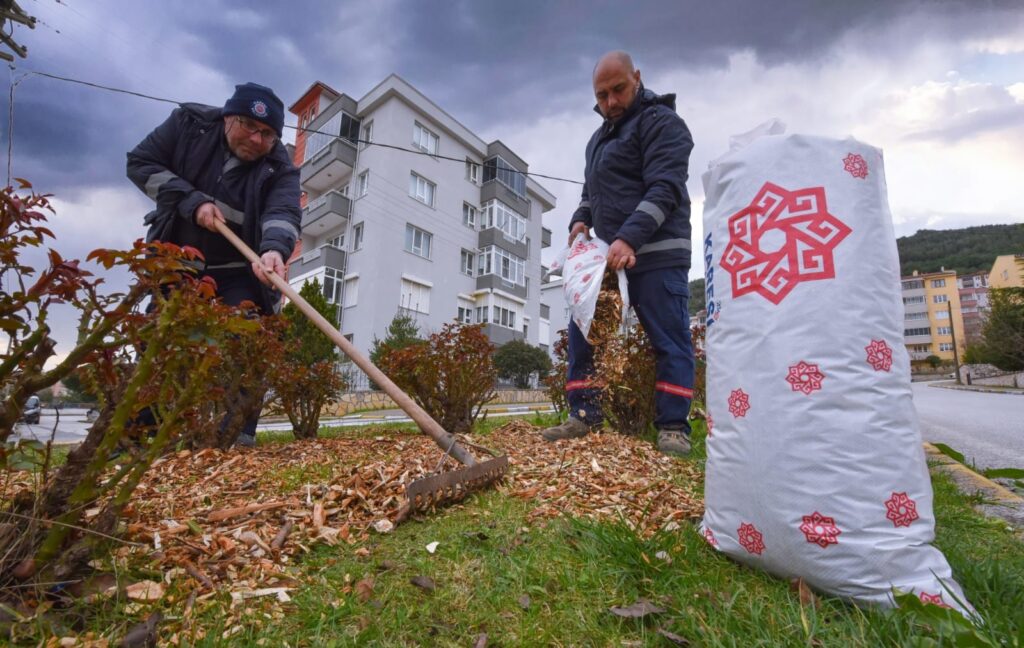The fight against the Mediterranean fruit fly continues in Turkey’s citrus production center.
HATAY (IHA) – In Hatay, one of Turkey’s citrus production centers, agricultural spraying and biotechnical combat activities continue in the fight against the Mediterranean fruit fly. Hatay, which is among Turkey’s citrus production centers, …

HATAY (IHA) – In Hatay, one of Turkey’s citrus production centers, agricultural spraying and biotechnical control activities continue in the fight against the Mediterranean fruit fly.
Hatay’s Erzin district, which is among Turkey’s citrus production centers, accounts for 15% of the country’s citrus production. The fight against the Mediterranean fruit fly, which damages the citrus fruits that are the region’s source of livelihood, continues uninterrupted. The Erzin District Directorate of Agriculture and Forestry continues to distribute agricultural pesticides and carry out biotechnical control activities to ensure the safety of farmers’ products.
“As a ministry, we distribute agricultural pesticides and traps related to biotechnical control to farmers.”
Providing information about the ongoing efforts, Erzin District Director of Agriculture and Forestry Vahit Göktekin stated that the fight against the Mediterranean fruit fly continues throughout the year, saying, “Our district accounts for approximately 15% of citrus production in Turkey. We have about 500-600 thousand tons of production. The Mediterranean fruit fly is one of the biggest threats to citrus. It causes significant damage to citrus in our region. In response, the ministry hangs traps throughout the year to control the Mediterranean fruit fly populations and notifies farmers about the timing of pesticide applications, allowing for intensive control. As a ministry, we distribute agricultural pesticides and traps related to biotechnical control to farmers. Additionally, farmers are informed and encouraged to take action against the fly. The Mediterranean fruit fly lays eggs on fruits when the air temperature is above 16 degrees, causing the fruits to rot. While zero bruises are allowed for exports, if there is even one bruise on the fruit, it will not be permitted for export. In this regard, the pesticide application period begins during the colorful death period of the fruits. Farmers are informed to carry out pesticide applications. This year, we provided detailed information about the fruit fly to our farmers to take early precautions. Inspections are conducted by us, and traps are set in orchards. As soon as an increase in the Mediterranean fruit fly population is detected, farmers are alerted, and spraying begins,” he said.
“The District Agriculture Directorate took early action to prevent the Mediterranean fruit fly.”
Citrus producer Salih Özmen (41) stated that a collective struggle is being waged against the Mediterranean fruit fly with state support, saying, “Our District Agriculture Directorate is leading this with trap distribution, pesticide distribution, and syrup distribution. Rather than individual control, collective struggle is much more important for us now. Last year, the crop yield was very high, and unfortunately, we had fruits that remained on the tree. Since the fruits remained on the tree, it was very difficult to apply pesticides for them. Therefore, this year, the District Agriculture Directorate took early precautions to prevent the Mediterranean fruit fly and started a collective fight. Fortunately, we did not face such a problem this year. This practice needs to be carried out every year. As long as the fight against the Mediterranean fruit fly continues, its population will be reduced. Since there was a lot of fruit last year, we have less fruit this year in the regions. We have a decrease of 30%, 40%, and in some areas up to 60% compared to last year. We have a thousand acres of citrus orchards.”







